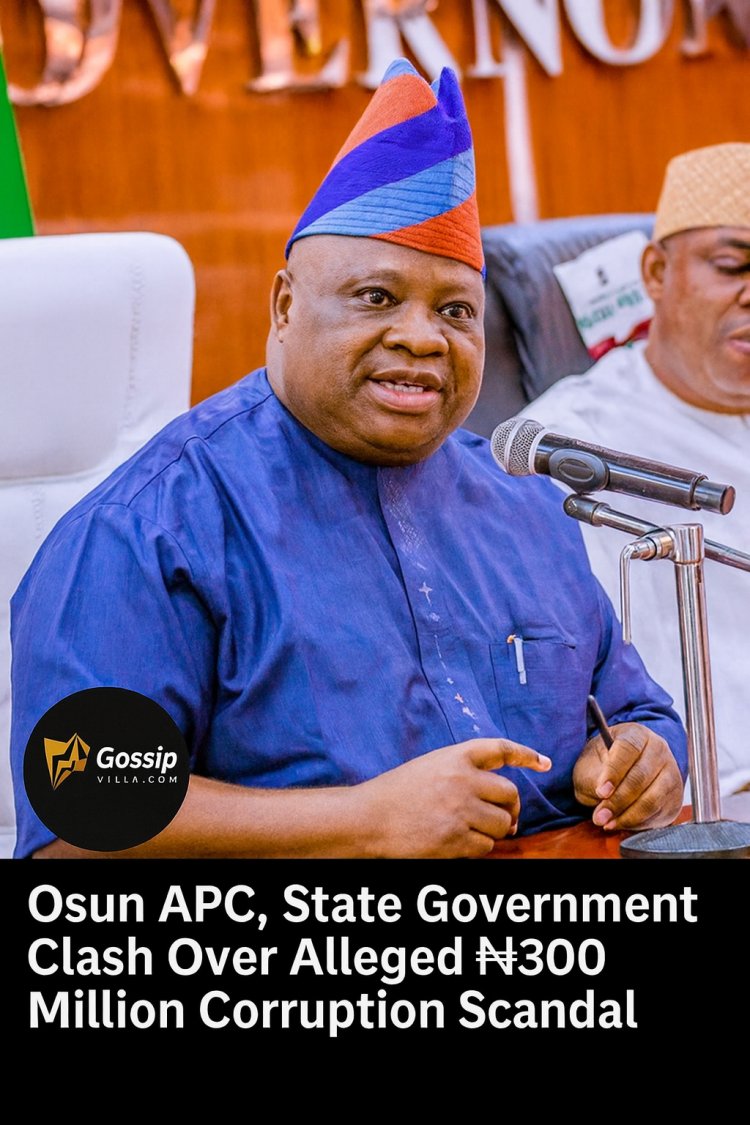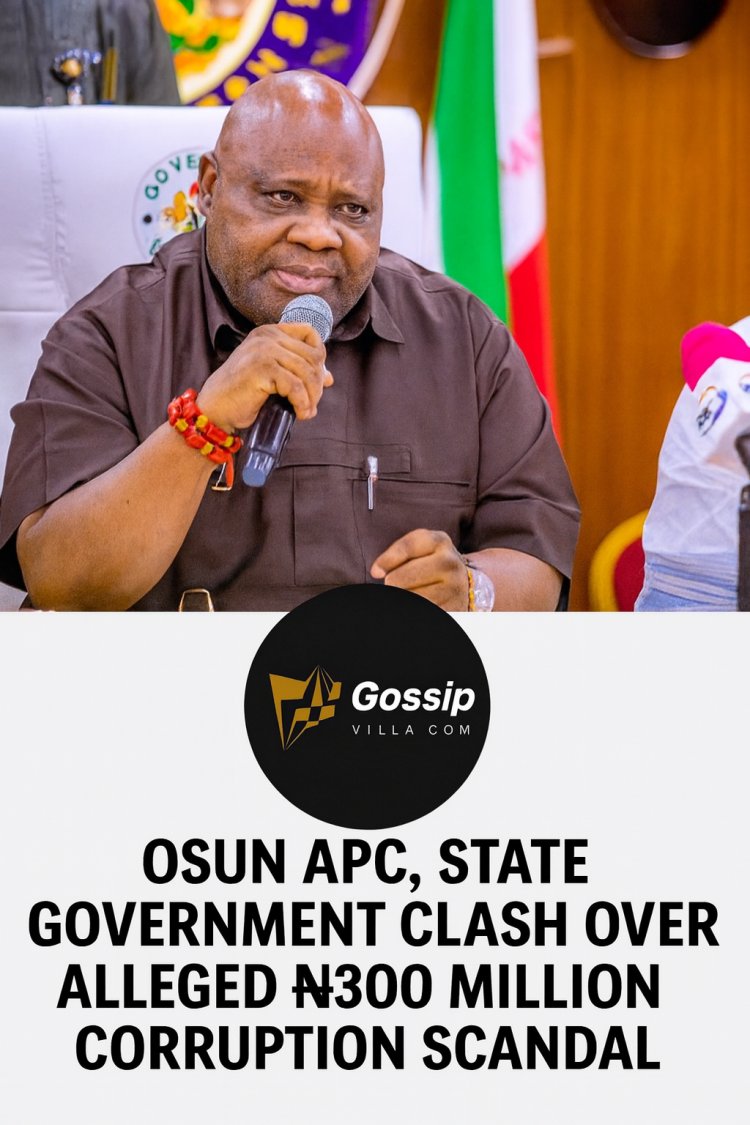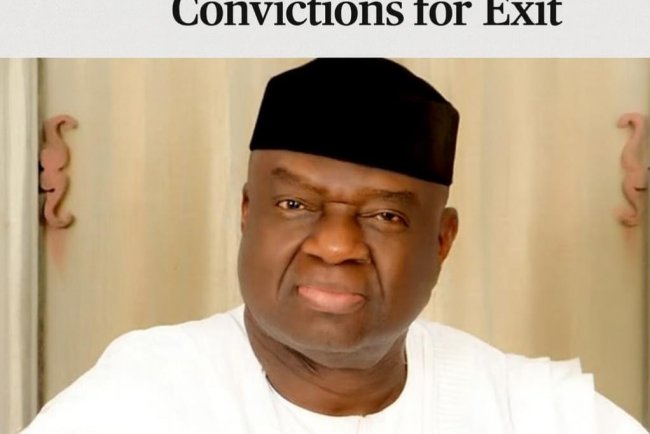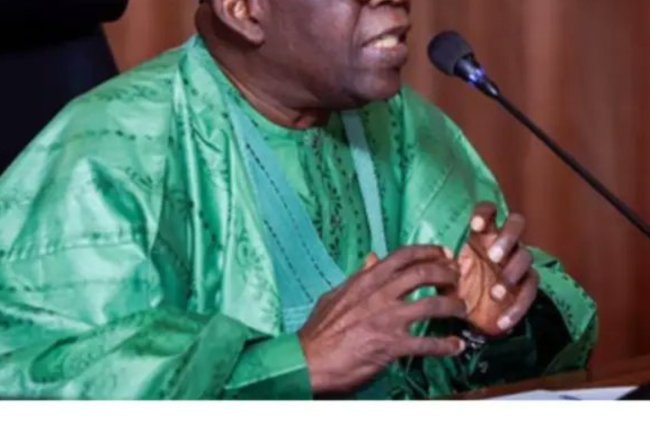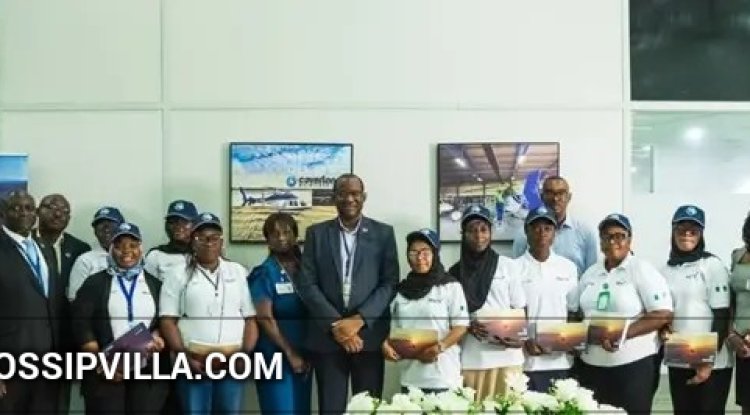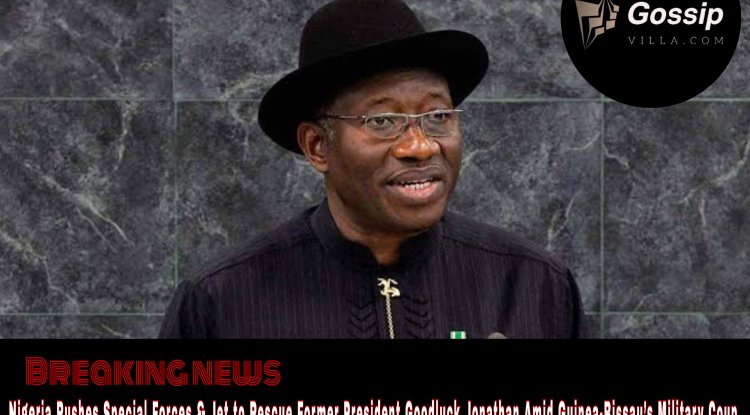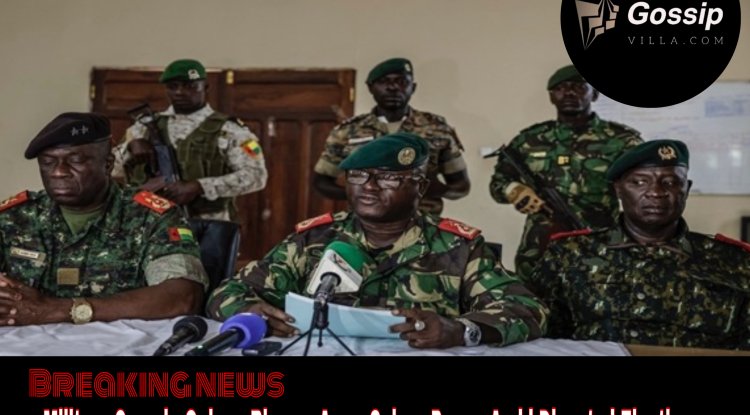Osun APC and Adeleke Administration Trade Blistering Accusations Over Alleged ₦300 Million Corruption Scandal Ahead of 2026 Elections
Osun APC and Adeleke Administration Trade Blistering Accusations Over Alleged ₦300 Million Corruption Scandal Ahead of 2026 Elections
Osun APC and Adeleke Government Lock Horns in Fiery Clash Over Explosive ₦300 Million Embezzlement Allegations
In the sweltering political arena of Osun State, a fresh storm has erupted, pitting the All Progressives Congress (APC) against Governor Ademola Adeleke's administration in a blistering showdown over an alleged ₦300 million corruption scandal. The controversy, which broke wide open on October 10, 2025, centers on accusations that a high-ranking female Permanent Secretary in the state's civil service orchestrated the embezzlement of public funds earmarked for critical developmental projects. The APC, seizing the moment to unleash a barrage of criticism, has branded the incident as a glaring symptom of systemic graft under the Peoples Democratic Party (PDP)-led government, demanding immediate investigations and accountability. With Osun's 2026 gubernatorial elections on the horizon, this feud threatens to deepen the chasm between the two dominant parties, turning what could have been a routine administrative hiccup into a full-blown political inferno that resonates far beyond the state's borders.
The APC's salvo came via a sharply worded statement from its Director of Media and Information, Kola Olabisi, who painted a damning picture of malfeasance at the heart of Adeleke's bureaucracy. According to Olabisi, the Permanent Secretary in question—allegedly the wife of a serving commissioner in the governor's cabinet—siphoned off the colossal sum through fictitious contracts and inflated invoices for infrastructure initiatives, including road rehabilitations and school renovations that exist more in paperwork than in reality. "This is not an isolated incident but a pattern of shielding corrupt insiders by the Adeleke regime," Olabisi thundered, calling on anti-corruption agencies like the Economic and Financial Crimes Commission (EFCC) and the Independent Corrupt Practices Commission (ICPC) to swoop in and unravel the web of deceit. The party further alleged that the administration's reluctance to probe the matter stems from fears of exposing a network of cronies embedded in key ministries, where procurement processes are said to be riddled with nepotism and backroom deals. Osun APC Chairman, Tajudeen Lawal, echoed these sentiments during a press briefing in Osogbo, vowing that the opposition would not relent until justice is served, positioning the scandal as a rallying cry for voters disillusioned by unfulfilled promises of good governance.
Not one to take such barbs lying down, the Osun State Government fired back with equal ferocity, dismissing the APC's claims as "beer parlour gossip masquerading as investigative journalism." In a detailed rebuttal issued by the Commissioner for Information and Public Enlightenment, Oluomo Kolapo Alimi, the administration labeled the allegations as a desperate fabrication engineered by a sore-loser opposition desperate to regain relevance after their 2022 electoral drubbing. "There is no ₦300 million scam or scandal in any Osun government agency or ministry—Governor Ademola Adeleke is running a transparent government that prioritizes due process and accountability," Alimi asserted, emphasizing that all financial transactions undergo rigorous audits under the state's Public Procurement Law, which mandates threshold approvals and competitive bidding. He ridiculed the notion of a single official unilaterally handling such a massive amount, calling it "logistically absurd" and a testament to the APC's poverty of ideas. The commissioner went further, accusing the APC of manufacturing falsehoods to divert attention from their own skeletons, including recent EFCC probes into contract scandals involving TETFUND and UBEC funds during the Adegboyega Oyetola era. In a pointed warning, Alimi hinted at potential libel suits against Olabisi and his principals, underscoring the government's commitment to a "people-centered agenda" unmarred by partisan sabotage
This latest dust-up is far from an isolated skirmish; it fits into a long-standing pattern of mutual mudslinging that has defined Osun's post-2022 political landscape. Since Adeleke's upset victory over Oyetola—upheld by the Supreme Court in a landmark ruling—the state has been a cauldron of recriminations. The APC has repeatedly accused the governor of nepotism, pointing to the appointment of family members like his late brother's widow as Commissioner for Federal Matters and his nephew, Tunji Adeleke Jr., as Chairman of the Local Government Service Commission, despite the latter's lack of experience. Earlier this year, in March 2025, the opposition branded Adeleke's regime a "cesspit of corruption," alleging the diversion of over ₦40 billion in local government allocations to fund the governor's office and splurging ₦11 billion on luxury vehicles for officials. They even implicated Adeleke's brother, billionaire Deji Adeleke (father of pop star Davido), in racketeering over inflated borehole contracts worth ₦14 million each—projects decried as "audio" (non-existent) compared to the efficient executions under Oyetola. In retaliation, Adeleke's team petitioned the EFCC in March, accusing Oyetola and his allies of pilfering a $20 million World Bank health grant and laundering ₦1.5 billion through shadowy ALGON channels, with companies like Basliz Construction Ltd. (linked to a former commissioner) receiving undue payouts for shoddy work.
Adding fuel to the fire, recent events have amplified the stakes. Just weeks ago, in early October 2025, the APC celebrated a Court of Appeal victory reinstating their local government chairmen and councillors, ousted by Adeleke's administration—a move the governor decried as federal overreach. The reinstated executives, led by ALGON Chairman Basiru Ajibola, swiftly denied fraud rumors peddled by PDP loyalists, vowing to recall 1,500 sacked teachers, health workers, and O'YES cadets axed under Adeleke's cost-cutting drive. Yet, tensions boiled over in Akinlalu, where APC alleged Amotekun operatives—under Adeleke's security apparatus—committed extra-judicial killings during unrest, further eroding trust. Governor Adeleke, in a February 2025 meeting with British diplomats, even accused Inspector General Kayode Egbetokun of colluding with the APC to enforce "illegality" by backing the LG takeovers, framing it as a democratic disservice. These flashpoints have transformed Osun into a microcosm of Nigeria's broader governance woes, where accusations of fiscal recklessness—such as the APC's December 2024 claim of Adeleke's secret $51 million (₦81.6 billion) foreign loans—fly thick and fast, often drowning out substantive policy debates.
Political observers, poring over the escalating rhetoric, see this ₦300 million saga as a harbinger of the cutthroat battles ahead of 2026. Dr. Wale Adebayo, a lecturer in Political Science at Obafemi Awolowo University, argues that the APC's aggressive posturing reflects a calculated bid to reclaim the narrative of integrity, tarnished by their 2022 loss and Oyetola's subsequent EFCC travails. "In Osun, politics is personal; Adeleke's 'dancing governor' persona contrasts sharply with the APC's austere image, but scandals like this could tip the scales if substantiated," Adebayo notes. Civil society voices, including the Osun Integrity Watch Group, have called for an independent probe to cut through the partisan haze, warning that unchecked allegations erode public faith in institutions. Residents, caught in the crossfire, express weary frustration: traders in Osogbo's bustling markets lament stalled projects amid the blame game, while youth activists on social media amplify calls for #ProbeOsunNow, trending alongside #AdelekeTransparent.
As the seven-day ultimatum for APC's demanded investigations looms, the onus falls on Governor Adeleke to either release audited financials or risk further erosion of his goodwill. For the APC, this is an opportunity to galvanize their base, but overreach could backfire, painting them as vendetta-driven relics
In conclusion Nigeria's fluid democracy, where alliances shift like desert sands, Osun's unfolding drama serves as a stark reminder that corruption claims are double-edged swords—potent weapons in electoral warfare, yet fragile shields against scrutiny. With 2026 beckoning, will this clash catalyze real reforms, or dissolve into another forgotten footnote in the annals of political theater? Only time, and perhaps the courts, will tell.
News source : punch news, opera news
What's Your Reaction?







